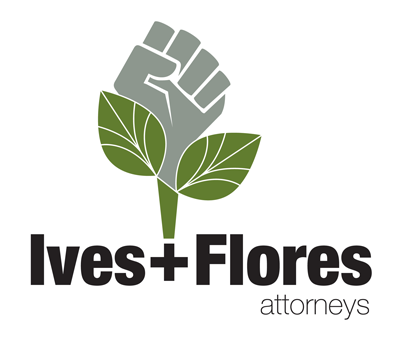The Freedom of Information Act (FOIA) is a very important federal law. FOIA allows journalists and members of the public the right to request certain records, such as investigation reports. The goal of FOIA is appropriate accountability and transparency for federal government authorities.
Unfortunately, sometimes those in positions of power will intentionally violate FOIA to avoid accountability.
How can people fight back against denied FOIA requests?
The first and most important step to take when someone believes they have experienced a violation of FOIA is to review the details of the records they requested. Occasionally, it is possible to use claims of national security or privacy to justify not providing records or redacting a significant portion of what someone receives.
In theory, all records maintained by public entities, including security camera footage, internal operations records and even emails exchanged between workers at the organization or agency. Most records are subject to disclosure when a member of the public makes a written request. Certain records, like those pertaining to people’s personal medical matters, may have protection from disclosure.
However, provided that the information is not sensitive and does not violate an individual’s rights, authorities should release information in a timely manner when someone makes a FOIA request. The party requesting the records may have the option of appealing a decision that isn’t in their favor. If an appeal is unsuccessful, then the party requesting the records may have grounds for civil litigation.
Fighting back against governmental obfuscation and civil rights violations can help people demand better transparency and accountability. Seeking legal guidance is a good way to gain support when pushing back against unjustified inaccessibility to records.
